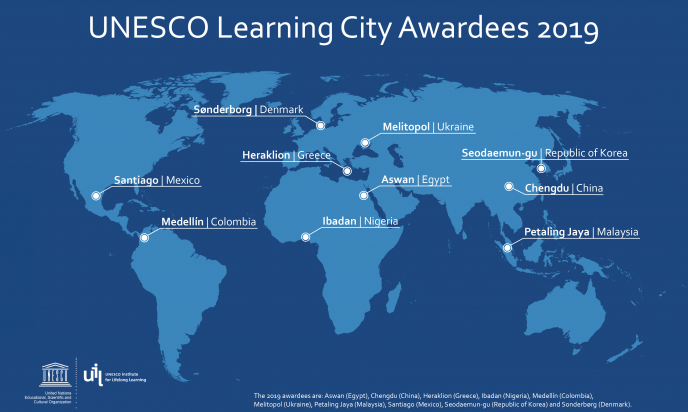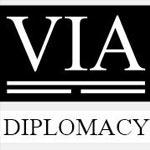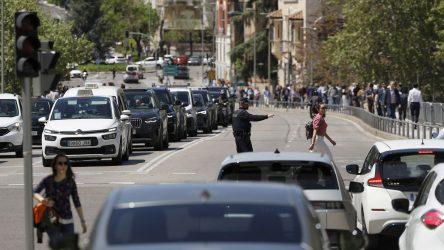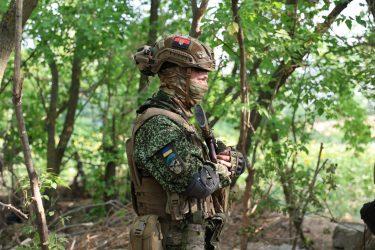Learning Cities Award winners revealed!

The UNESCO Institute for Lifelong Learning (UIL) is pleased to announce that the winners of the 2019 UNESCO Learning City Award are: Aswan (Egypt), Chengdu (China), Heraklion (Greece), Ibadan (Nigeria), Medellín (Colombia), Melitopol (Ukraine), Petaling Jaya (Malaysia), Santiago (Mexico), Seodaemun-gu(Republic of Korea), and Sønderborg (Denmark). According to the Learning City Award Jury, these cities have shown exemplary progress and commitment to promote education and lifelong learning at the local level.
Inspiring practices at a glance
Despite their very different starting points and the various economic, political, social and environmental contexts, all of the UNESCO Learning City Award 2019 winners have initiated innovative and target-specific policies and programmes that provide fruitful opportunities for their communities to benefit from lifelong learning.
The Egyptian city of Aswan, for example, has developed a strategy that integrates a variety of projects, including gardening and water-conservation programmes in schools, as well as diverse entrepreneurial training opportunities for all groups of society. In Chengdu, China, several examples of best practice in lifelong learning are taking place: for instance, an innovative programme that combines learning with walks around the city has been established, with each route focusing on a different subject area such as regional features, traditional cultures and modern industry, demonstrating a smart use of public and non-public resources.
With its ‘Fit for All’ programme, the Greek city of Heraklion has found an innovative and fun way to bring its citizens and the refugees residing in the city closer together by promoting equity and inclusion through sports and educational activities based on subjects such as local culture and tradition. The city has also developed effective monitoring and evaluation approaches. Meanwhile, in Ibadan, Nigeria, a recent festival of learning offered interactive and varied activities and workshops for different target audiences, thereby reinforcing the concept of lifelong learning in the community. The city has also developed concrete objectives as part of its learning city plan and strong initiatives to engage important local groups such as ethnic minorities in rural areas.
Medellín, in Colombia, coordinates a number of innovative programmes, including one that has helped to successfully reintegrate over 4,650 school drop-outs by engaging with them on a one-to-one basis. The ‘How Are We Doing?’ monitoring and evaluation project is another important component of Medellin’s learning city initiative. In Ukraine, Melitopol has been making marked progress in becoming a learning city, and has put considerable effort into the retraining of internally displaced people that were previously engaged in the mining industry.
Petaling Jaya, Malaysia, has made great strides to improve access to public learning spaces, providing free bus services across four city routes, which also double as information disseminators through their on-board screens. The city is also making good use of the resources provided by the partners. In the Mexican city ofSantiago, citizens have access to a great range of free classes, including robotic courses for children and anti-bullying training. The city has also developed a framework of indicators that enable the monitoring and evaluation of its learning city development progress.
In a great example of how to optimally utilize one’s surroundings, Seodaemun-gu, in the Republic of Korea, has taken advantage of its many high-rise apartments by creating small learning communities that teach 50 courses each year in citizens’ living rooms. The city also counts with a strong monitoring and evaluation mechanism. Finally, the Danish city of Sønderborg has promoted sustainability far beyond its formal education system, and created a coordinated structure for stakeholder involvement that will ensure continued progress as a learning city. The city has developed a ‘4–17–42’ strategy, where ‘4’ stands for the city’s four political commitments (environmental, economic, social and cultural), ‘17’ represents the city’s commitment to the 17 UN Sustainable Development Goals (SDGs), and ‘42’ represents the 42 features included in the UNESCO GNLC’s Key Features of Learning Cities.
The awards will be delivered during a ceremony at the 2019 International Conference on Learning Cities in Medellín, Colombia.







